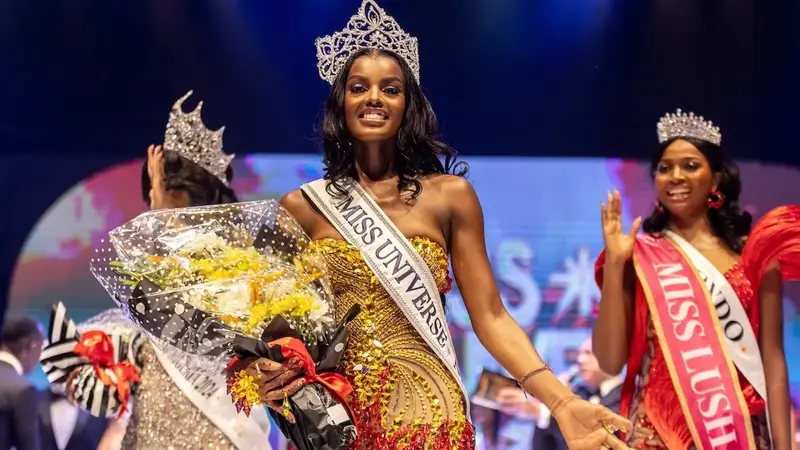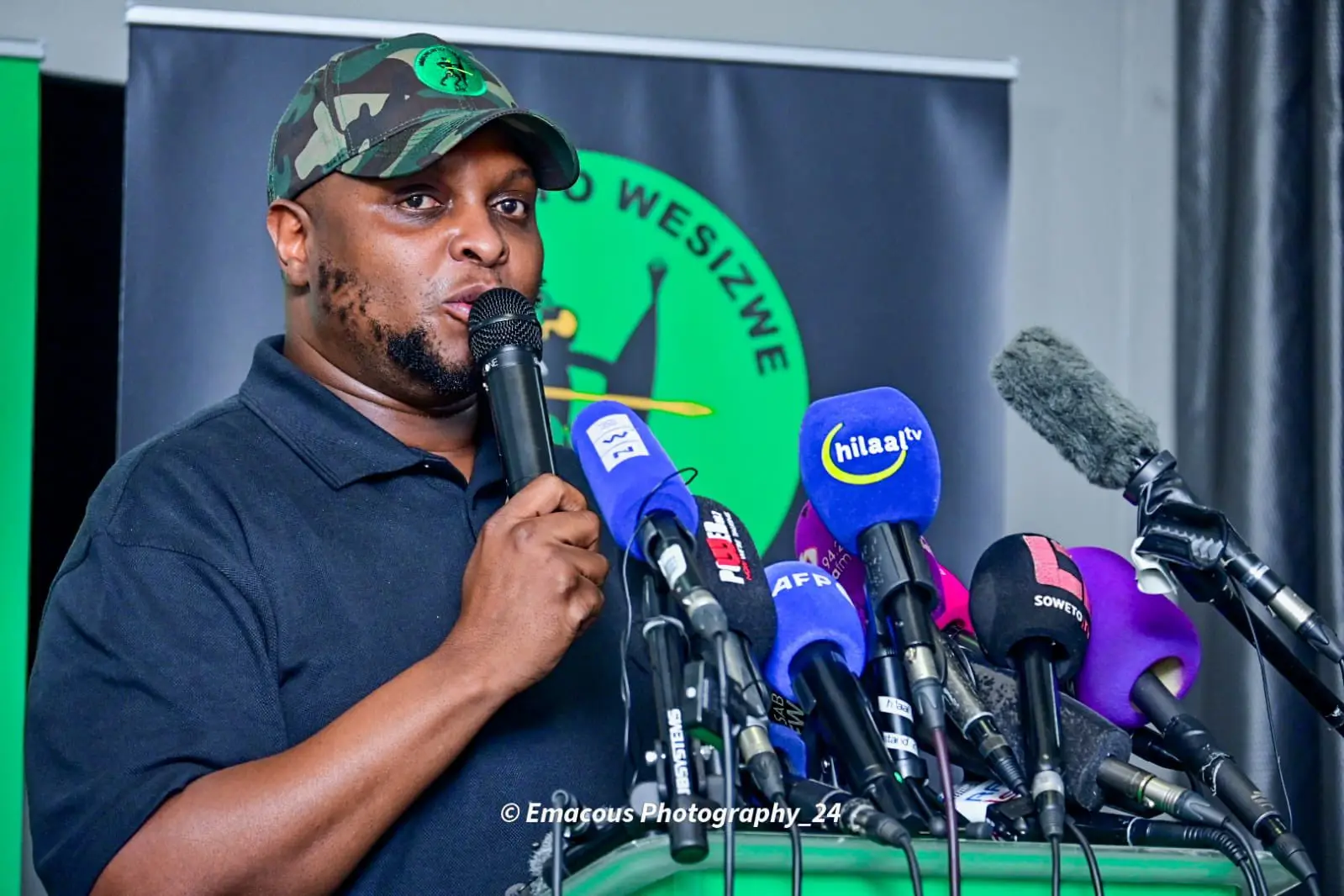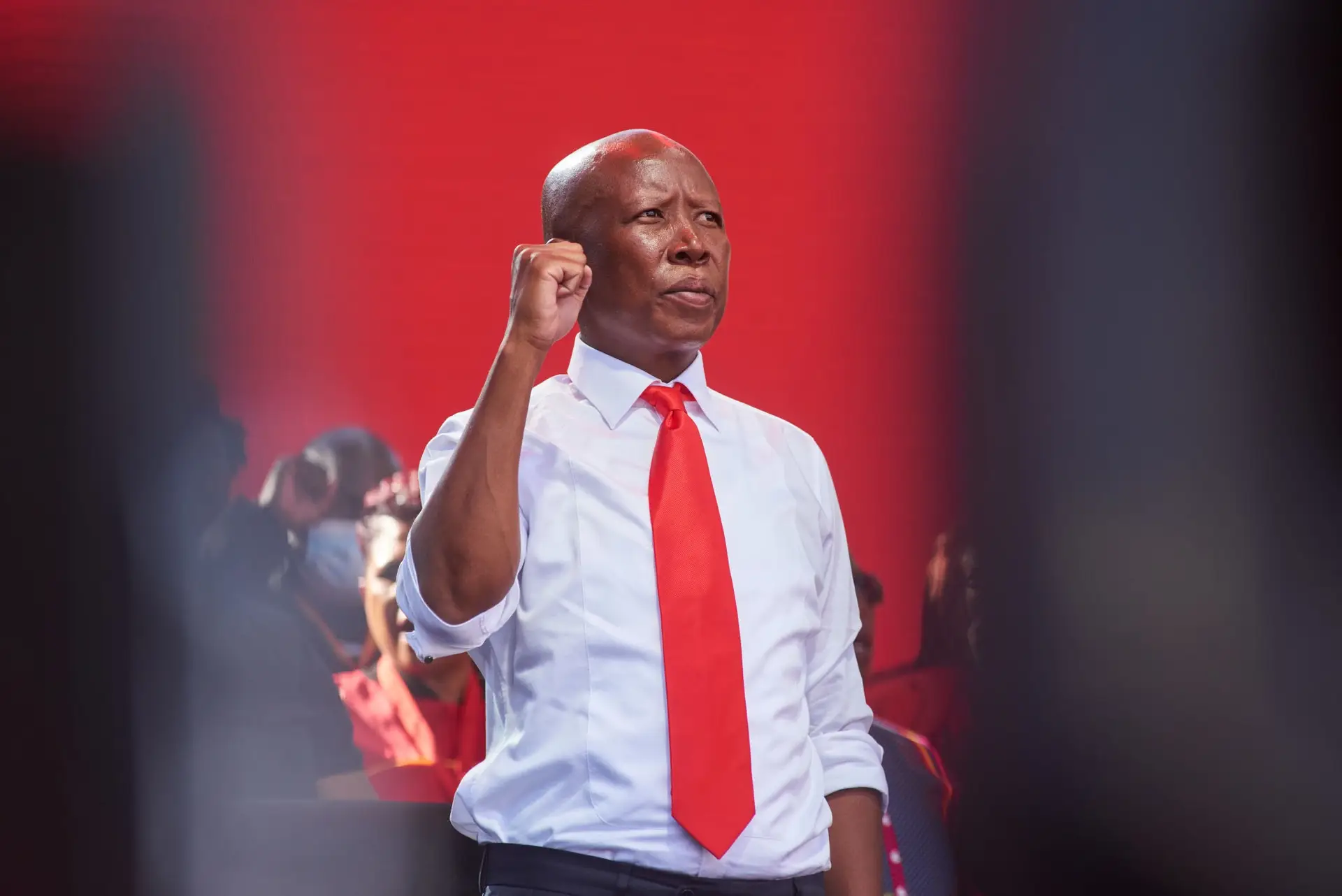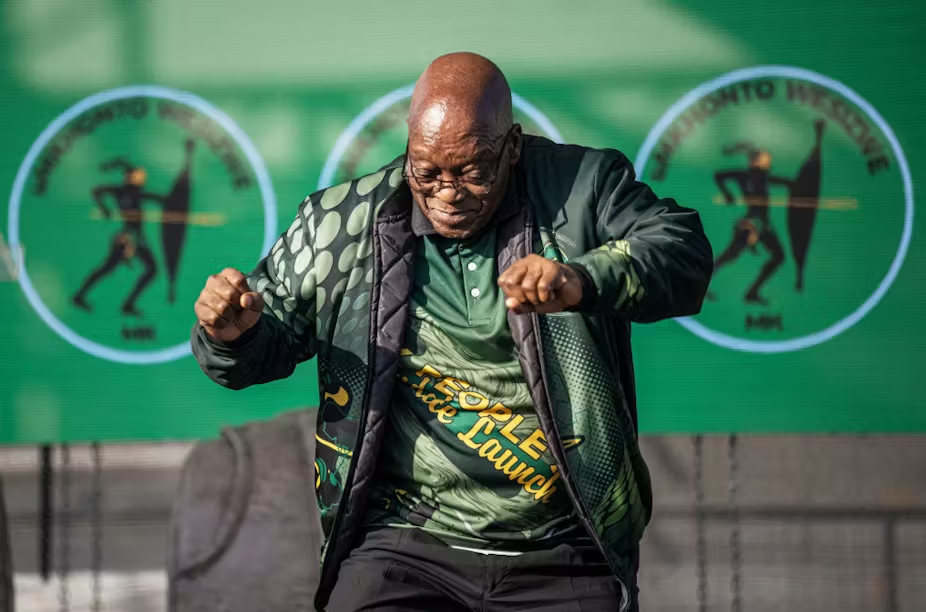Former EFF Chairperson, Advocate Dali Mpofu, Joins uMkhonto we Sizwe (MK) Party: A New Chapter in South African Politics
In a significant shift within South African politics, former Economic Freedom Fighters (EFF) Chairperson, Advocate Dali Mpofu, has announced his decision to join the uMkhonto we Sizwe (MK) Party. Mpofu’s departure from the EFF, following five years of influential leadership, marks another prominent exit from the party and underscores the EFF’s ongoing struggle with high-profile member defections.
Mpofu’s Tenure with the EFF
Dali Mpofu joined the EFF in 2014, a year after the party’s formation, and quickly rose to the role of Chairperson. His time with the party saw the EFF grow into a formidable political force, gaining traction as a strong opposition voice. Known for his sharp legal mind and powerful rhetoric, Mpofu was pivotal in shaping the EFF’s discourse on economic freedom, anti-corruption, and social justice. His legal expertise contributed significantly to the party’s public image, particularly when he represented the EFF in various high-profile legal battles.
Under his chairmanship, the EFF mobilized a significant base of support, tapping into public dissatisfaction with the ruling African National Congress (ANC) and appealing to a generation frustrated by poverty, inequality, and systemic injustices. The EFF’s radical stance on land redistribution, nationalization, and social equity gained a strong following, with Mpofu serving as both a political strategist and a public advocate for the party’s cause.
A Wave of Departures
Mpofu’s decision to leave the EFF is part of a broader trend. Just a few months earlier, in August, former EFF deputy president Floyd Shivambu made headlines when he also announced his departure to join the MK Party. Shivambu’s exit and Mpofu’s recent departure reflect a notable shift in South Africa’s political landscape, signaling a possible alignment of former EFF members with the principles espoused by the MK Party.
The EFF, which has built its identity around economic reform and radical change, has been grappling with member exits and growing internal divisions in recent months. The defection of these prominent leaders raises questions about the party’s stability and future direction. For the MK Party, however, the arrival of these influential figures represents an opportunity to establish itself more firmly on the South African political stage.
Advocate Mpofu’s Vision for Unity and Emancipation
Mpofu’s decision to join the MK Party was driven by what he describes as a period of “soul-searching.” In an exclusive interview with SABC News, he articulated his reasons for the shift, stating that he sees the MK Party as a unifying force capable of achieving “black and progressive unity.”
“After a lot of soul searching, I’ve taken a decision that I will be joining MK. I’m joining MK because I believe that it is the vehicle through which we will achieve the much-needed black and progressive unity. So I’m doing so not necessarily to reject any other organisation, but at this point in time, in November 2024, I am of the view that the vehicle through which we should drive that unity is uMkhonto we Sizwe.”
Mpofu’s emphasis on “unity and emancipation” aligns closely with the mission of the MK Party, which was established with a vision to honor and uphold the legacy of the original uMkhonto we Sizwe—the armed wing of the ANC during the anti-apartheid struggle. Formed almost a year ago, the MK Party seeks to build on the revolutionary spirit of the past to address contemporary social, economic, and political challenges. Mpofu’s alignment with this mission reflects a deep-seated belief in the need for collective action to address the challenges facing South Africa.
What the MK Party Represents
The MK Party, although new, has quickly gained attention for its commitment to addressing systemic issues and fostering unity. The party draws inspiration from the legacy of uMkhonto we Sizwe, aiming to translate the values of resilience and liberation into modern policies that can tackle inequality, economic injustice, and social fragmentation. As a political platform, the MK Party seeks to unify diverse groups under a shared agenda of progressive reform.
With leaders like Mpofu and Shivambu joining its ranks, the MK Party may be positioning itself as a strong contender in the political landscape. The combined influence of these figures, along with the MK Party’s ideological foundation, provides a platform that resonates with South Africans who seek substantive change.
Implications for the EFF and the Future of South African Politics
The departure of Mpofu and Shivambu from the EFF underscores the shifting dynamics within South Africa’s opposition parties. For the EFF, the exodus of these leaders may prompt introspection and potential restructuring as it navigates the challenges of retaining key members and addressing internal differences.
On the other hand, the MK Party’s growing influence suggests a new alignment in South African politics, one that could potentially attract more former EFF members or those disillusioned with other political groups. As the MK Party continues to define its policies and strategies, its role in shaping South Africa’s future becomes increasingly significant, especially with the support of prominent figures like Mpofu.
Conclusion
Dali Mpofu’s move to the MK Party marks a new chapter in his political journey, grounded in his desire for unity, emancipation, and progressive change. His departure from the EFF highlights the growing fluidity within South Africa’s political landscape, as leaders and citizens alike seek new avenues for achieving social and economic transformation. With Mpofu and Shivambu on board, the MK Party could emerge as a powerful voice for progressive unity and a symbol of renewed hope for many South Africans.
As South Africa moves forward, the MK Party’s actions and the responses from other political players will play a significant role in shaping the nation’s direction. For Mpofu, joining the MK Party represents not only a political decision but a call to action, rooted in a vision of collective progress and unity.






